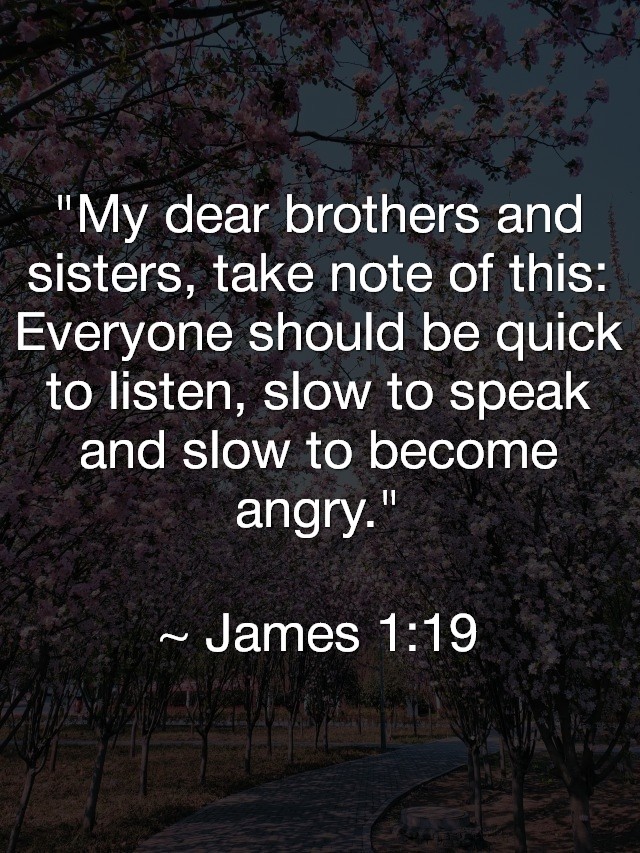Marriage is a sacred covenant, a union blessed by God, meant to be a source of love, support, and companionship. However, even the strongest marriages can face significant challenges, especially when one partner struggles with addiction. If you find yourself in a situation where your spouse’s drinking habits are affecting your relationship, it’s essential to approach the issue with faith, compassion, and practical steps grounded in Christian principles.
Your story is one of resilience and commitment. Married for 25 years, you’ve seen your husband’s drinking escalate, particularly during the pandemic. Despite seeking help from various counselors and settling with an addiction therapist, his progress has been inconsistent, marked by periods of abstinence followed by relapses. This rollercoaster of recovery can be incredibly taxing on both partners.
The Emotional Impact
Recently, a conversation with your husband left you feeling hurt and dismissed. His statement, “I am not responsible for how you feel,” sparked a heated argument and revealed deeper issues. Discovering books like “Stop Walking on Eggshells” and “Psychopath Free” on his nightstand, recommended by his therapist, further complicated matters. These books, aimed at understanding Borderline Personality Disorder (BPD), suggested that his therapist might believe you exhibit traits of BPD.
This revelation was unsettling, especially as your husband began using these supposed “BPD traits” to justify criticism. When you suggested marriage therapy, he insisted you seek individual therapy first, specifically recommending dialectical behavior therapy (DBT).
Seeking Clarity and Support
Upon seeking counseling, you learned that your behaviors are likely a response to coping with an alcoholic spouse, rather than indicative of BPD. Your counselor also highlighted the ethical concerns of diagnosing someone without direct treatment. Despite sharing this with your husband, he remains convinced of your supposed BPD traits, leaving you feeling confused and questioning his motives.
A Christian Approach to Healing
-
Prayer and Reflection: Begin with prayer, seeking God’s guidance and wisdom. Reflect on your marriage vows and the commitment you made before God. Ask for strength, patience, and clarity in navigating this difficult time.
-
Open Communication: Honest and open communication is crucial. Express your feelings to your husband calmly and lovingly, emphasizing your desire to work through these challenges together. Proverbs 15:1 reminds us, “A gentle answer turns away wrath, but a harsh word stirs up anger.”
-
Seek Christian Counseling: Consider seeking counseling from a Christian therapist who understands the spiritual and emotional aspects of marriage. A counselor with a Christian perspective can provide guidance that aligns with your faith and values.
-
Support Groups: Join a support group, such as Al-Anon, which is designed for families of alcoholics. These groups offer a safe space to share experiences, gain support, and learn coping strategies from others who understand your situation.
-
Set Boundaries: Establish healthy boundaries to protect your emotional well-being. This might include setting limits on discussions about your supposed BPD traits and focusing on constructive ways to support each other’s healing.
-
Focus on Self-Care: Take care of your physical, emotional, and spiritual health. Engage in activities that bring you joy and peace, such as reading Scripture, attending church, and spending time with supportive friends and family.
-
Forgiveness and Grace: Extend forgiveness and grace to your husband, recognizing that addiction is a complex issue. Ephesians 4:32 encourages us to “be kind and compassionate to one another, forgiving each other, just as in Christ God forgave you.”
-
Consider Marriage Therapy: If your husband is open to it, pursue marriage therapy with a Christian counselor. This can provide a neutral space to address underlying issues and work towards healing together.
Moving Forward
Your husband’s response, “because I love you,” indicates a desire to stay together despite the challenges. Lean on your faith, seek God’s guidance, and take practical steps to support both your husband’s recovery and your own emotional well-being. Remember, you are not alone. God is with you, providing strength and comfort every step of the way.
In times of trial, hold onto the promise in Philippians 4:13, “I can do all this through him who gives me strength.” With faith, love, and perseverance, you can navigate this challenging season and find a path to healing and restoration in your marriage.




